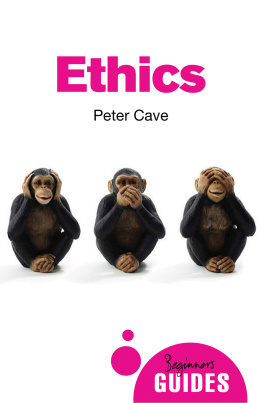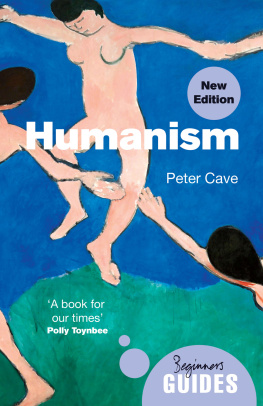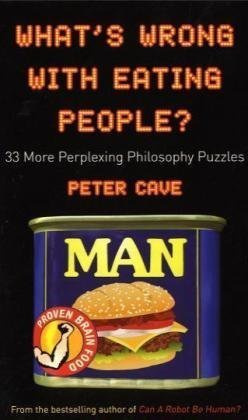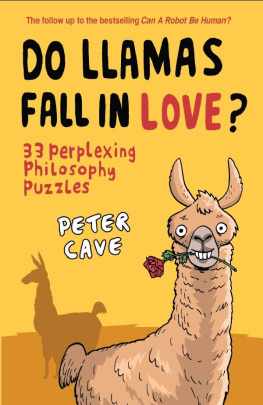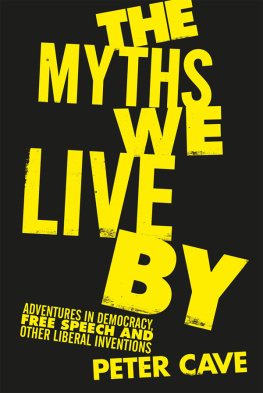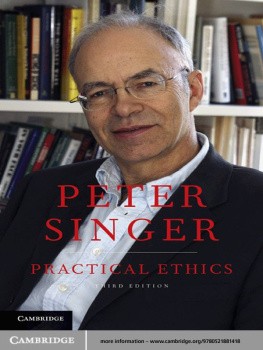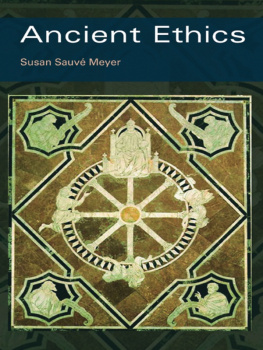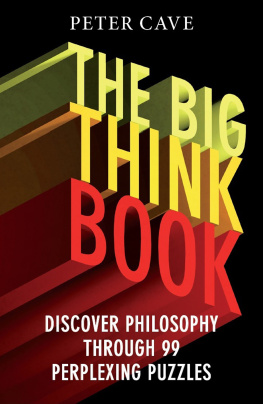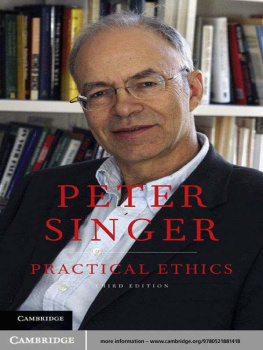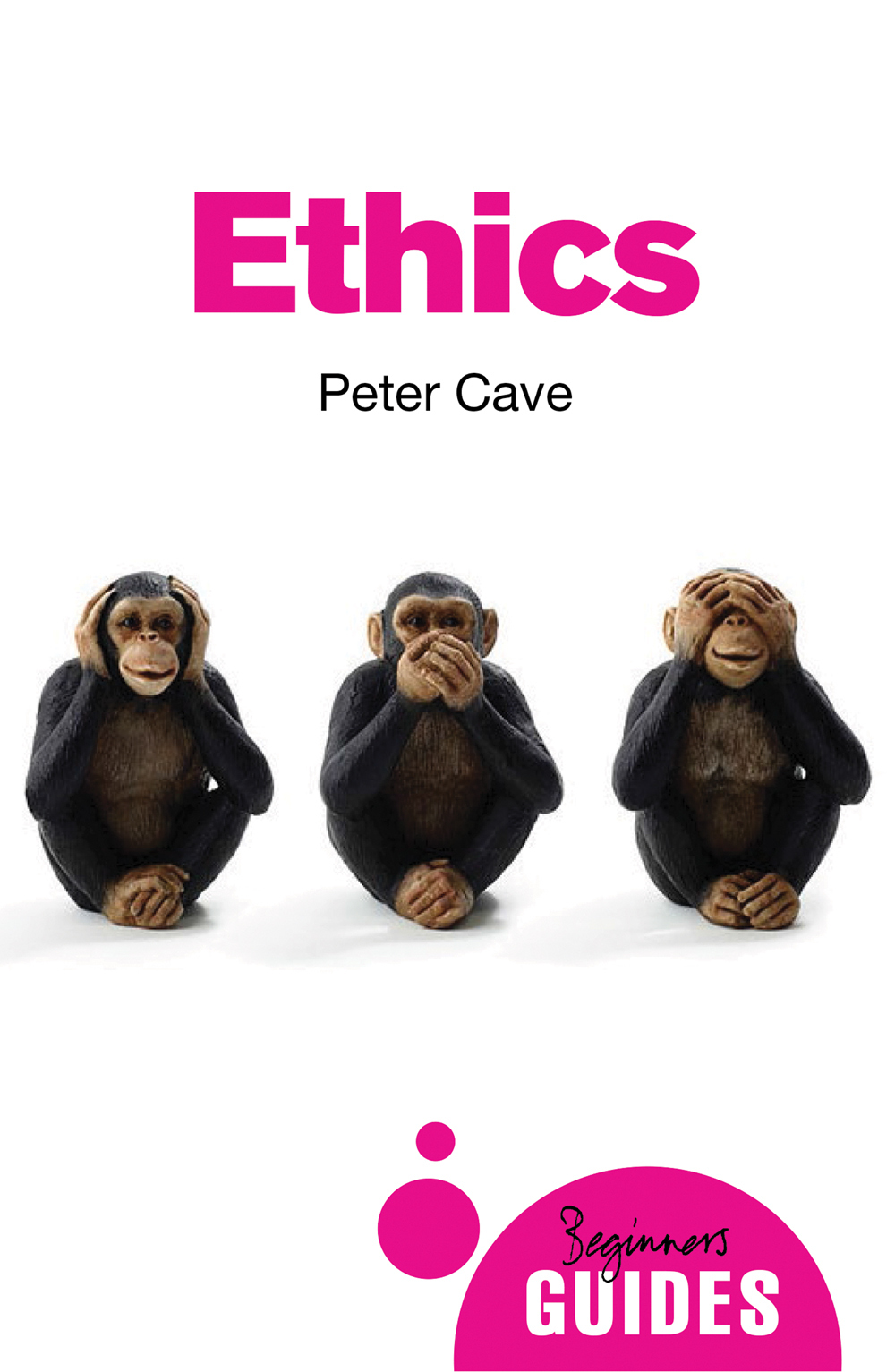Rich, comprehensive and provocative, with illustrative examples that are original and stimulating altogether a fine and authoritative introduction to the subject.
Michael Clark Emeritus Professor of Philosophy,
University of Nottingham
A must-read. It is thorough and complete, yet always accessible and entertaining, written in Caves signature sharp style. No matter what your background, this book will inform and challenge you just as moral philosophizing should.
Andrew Pessin Professor of Philosophy,
Connecticut College
Readable and entertaining With characteristic verve, Peter Cave surveys a wide range of topics and challenges readers to think their way through complex moral problems. For those seeking to make sense of lifes dilemmas, as well as for students enrolled in philosophy courses, this is an ideal guide.
Dan Cohn-Sherbok Professor Emeritus of Judaism,
University of Wales
ONEWORLD BEGINNERS GUIDES combine an original, inventive, and engaging approach with expert analysis on subjects ranging from art and history to religion and politics, and everything in-between. Innovative and affordable, books in the series are perfect for anyone curious about the way the world works and the big ideas of our time.
aesthetics energy medieval philosophy africa engineering the middle east american politics the english civil wars modern slavery anarchism the enlightenment NATO animal behaviour epistemology the new testament anthropology ethics nietzsche anti-capitalism the european union nineteenth-century art aquinas evolution the northern ireland conict archaeology evolutionary psychology nutrition art existentialism oil articial intelligence fair trade opera the bahai faith feminism the palestineisraeli conict the beat generation forensic science particle physics the bible french literature paul biodiversity the french revolution philosophy bioterror & biowarfare genetics philosophy of mind the brain global terrorism philosophy of religion british politics hinduism philosophy of science the Buddha the history of medicine planet earth cancer history of science postmodernism censorship homer psychology christianity humanism quantum physics civil liberties huxley the quran classical music international relations racism climate change iran reductionism cloning islamic philosophy religion the cold war the islamic veil renaissance art conservation journalism the roman empire crimes against humanity judaism the russian revolution criminal psychology lacan shakespeare critical thinking life in the universe the small arms trade daoism literary theory susm democracy machiavelli the torah descartes maa & organized crime the united nations dewey magic volcanoes dyslexia marx world war II
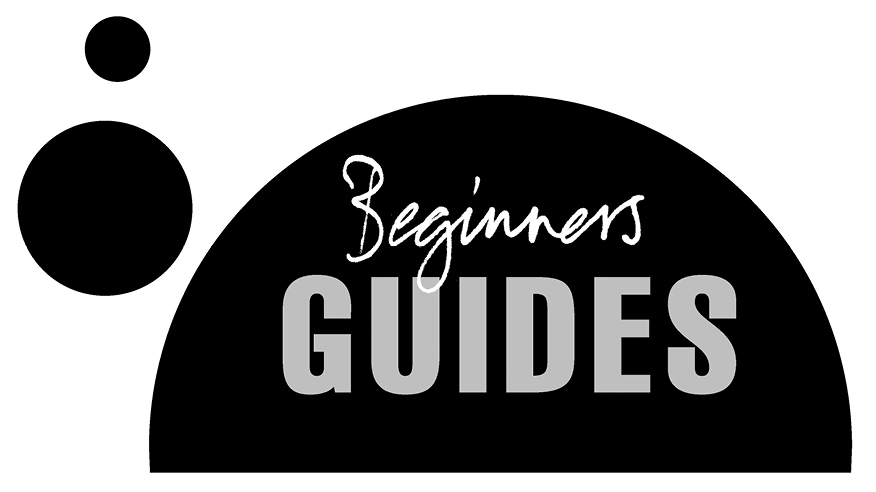

A Oneworld Paperback Original
Published in North America, Great Britain and Australia by
Oneworld Publications, 2015
This ebook edition published by Oneworld Publications, 2015
Copyright Peter Cave 2015
The moral right of Peter Cave to be identified as the Author of this work has been asserted by him in accordance with the Copyright, Designs and Patents Act 1988.
All rights reserved
Copyright under Berne Convention
A CIP record for this title is available
from the British Library
ISBN 978-1-78074-576-3
eISBN 978-1-78074-577-0
Typesetting and eBook by Tetragon, London
Oneworld Publications
10 Bloomsbury Street
London WC1B 3SR
England
Written for
those who anguish about
doing what is right
and for those who do not
*
In memory of
Laurence Goldstein (19472014),
good friend, good philosopher,
good humoured
and now, sadly,
goodbye
Contents
Some Ethics
Tzu Kung asked, Is there any single saying that one can act upon all day and every day?
The master said, Never do to others what you would not like them to do to you.
Confucius ( c. 551479 BC )
The unexamined life is not worth living.
Socrates ( c. 469399 BC )
For what shall it profit a man, if he shall gaine the whole world, and lose his owne soule?
Jesus ( c. 5 bc27 AD )
That Action is best, which procures the greatest Happiness for the greatest numbers; and that, worst, which, in like manner, occasions Misery.
Francis Hutcheson (16941746)
Two things fill me with wonder: the starry sky above and the moral law within.
Immanuel Kant (17241804)
If we possess our why of life we can put up with almost any how. Man does not strive after happiness; only the Englishman does that.
Friedrich Nietzsche (18441900)
Our duty can be defined as that action which will cause more good to exist in the universe than any possible alternative.
G. E. Moore (18731958)
Grub first; then ethics.
Bertolt Brecht (18981956)
A man without ethics is a wild beast loosed upon this world.
Albert Camus (191360)
Prologue :
the moral medley
Noel Coward, so the story goes, sent postcards to a selection of distinguished establishment people. The cards said, We know what youve done. Leave London or all will be revealed. They all left London well, so it is reported. Nothing was revealed save, later, the facts here presented.
Whether or not the report is true, most of us if not all recognize that we have done things we ought not to have done, or failed to do things we ought to have done. Those oughts could be read in terms of securing our own advantage. Many, though, recognize that such oughts and ought nots possess moral flavours, not those of any obvious self-interest. Perhaps we let someone down or betrayed a confidence; broke a promise or were not quite honest about payments received; or passed by on the other side. We readily recognize how we may be ashamed of certain behaviours certain hopes, motives and emotions and yet proud of others. Such reflections place us in the realm of ethics, of morality; such reflections show our ready awareness of morality, of ethics and hence of this books subject.
Ethics, as an academic discipline, is, of course, the study of ethics, of morality; it is a reflection whereby we self-conscious beings seek to make sense of how to live. In our everyday lives, we often wonder what we ought morally to do. That can lead into questions of what would be fair or just yet also, whether one should be loyal or impartial, courageous, compassionate Would it be beneficial overall to lie on a particular occasion? Is it sometimes better not to insist on our rights? And so on The and so on leads into the nature of goodness, of moral responsibility, and into life and death dilemmas abortion, sexuality, assisted dying, our treatment of non-human animals. Ethics embraces a medley of moral concepts, concerns and questions.
The terms ethics and morality are typically used interchangeably as they are here, until though ethics perhaps hints at the ethos of a life whereas morality focuses more on duties and rights. For completeness, let us mention political philosophy: although its central concern can be procedures for effective government, underlying must be the moral justification of a states authority and how it prioritizes moral values such as liberty, welfare and the democratic will. European states, for example, reject capital punishment, the death penalty, considering it morally repulsive, whereas some US states have no qualms at all in applying that penalty of finality.

